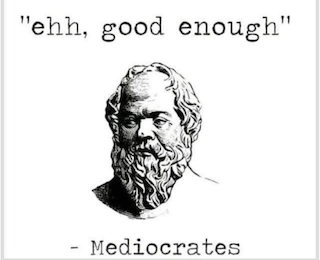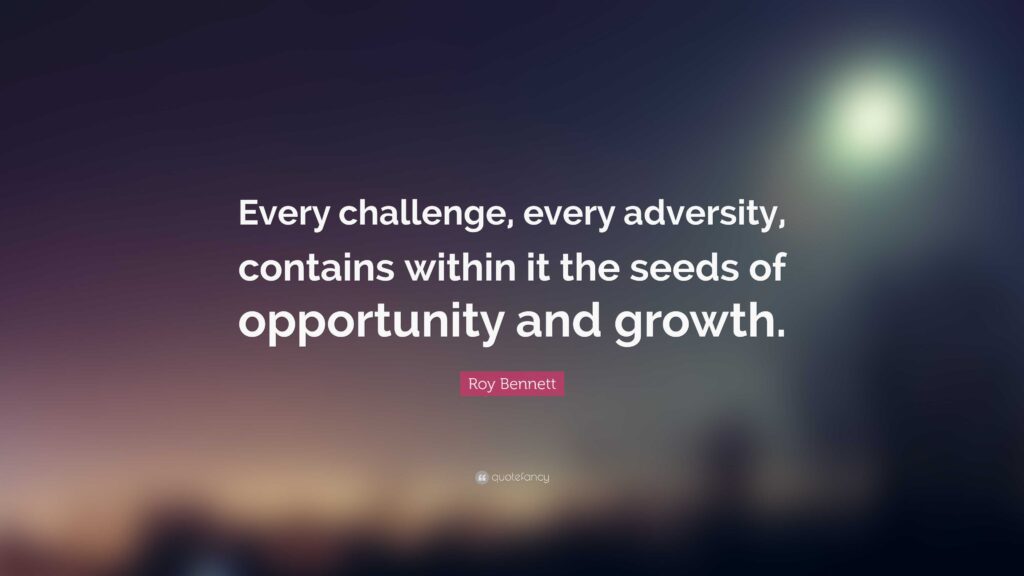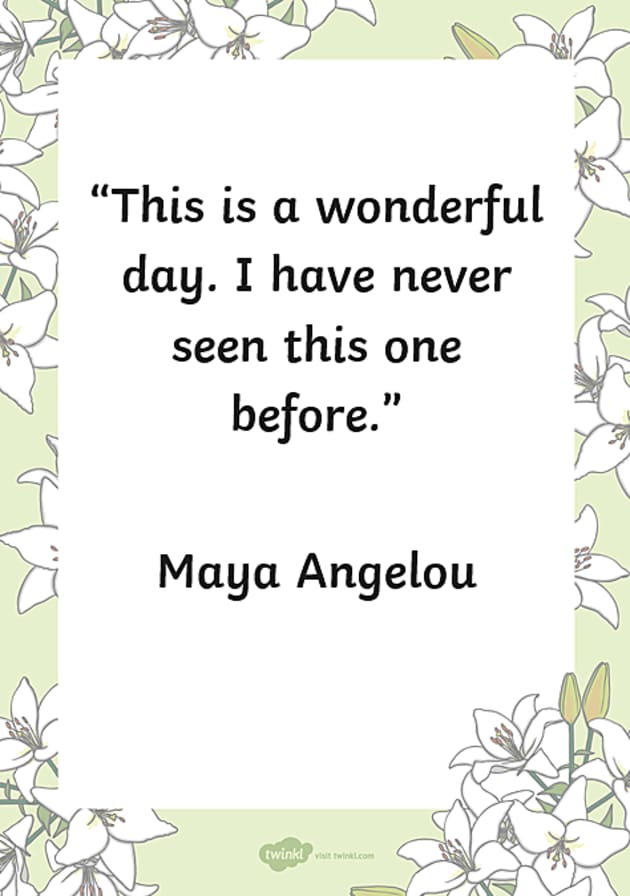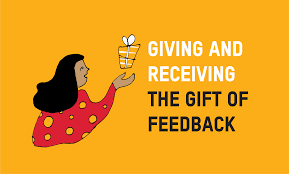Good enough!
I was working with a client recently and asked her to rate her level of satisfaction about something on a scale of 1 to 10. She said, “I was going to choose 7, but we’re not allowed to choose 7 at work.”
What’s that now? Tell me more…
She explained that her work team knows they are not allowed to choose 7 because it’s something of a cop out. If the thing is “good enough” then we can leave it as is, maintain the status quo, and not take action to make it even better.
Hmm. Interesting, for sure. Where in my life I am not addressing something that needs improvement just because it’s a 7? My health, fitness, learning, friendships, home, etc? Where are you leaving a 7 as “good enough” when maybe it’s not good enough at all?
And that’s the real issue, I think. Where is a 7 or “good enough” actually enough? What areas are worth the effort to strive for an 8, 9 or 10? This is really up to the individual (or work team) to identify. Maybe a relationship deserves our effort to get it to a 9 level. Maybe health is a 9 level of effort, too. Maybe home is an 8, but my yard is a 7 (i.e., the dandelions are winning). It’s about identifying what’s important and balancing priorities.
Note that we need to distinguish between our level of effort and the results/outcomes we are experiencing. We control our effort, not the outcomes. For example, what if I put a lot of time and energy into my relationship with a family member and that relationship is just so-so? Does that mean that I should put in more effort, or accept, in this case, a 9 level of effort gets me a 5 level of satisfaction with the relationship? It might be that we accept that 5 and call it a win. We may even consider lowering our effort and see if we can still maintain that 5. (Do less?! Yes!)
Again, this is about identifying what’s important to you and making decisions about what efforts and results are “good enough.” Note how you want to spend your life energy, and that there isn’t always a directly proportional relationship between effort and outcomes. What’s worth it to you to try anyway?
Whatever you decide is good enough!
p.s. As always, your comments are welcome on this post at https://www.facebook.com/jenfrankcoaching.
Read More









